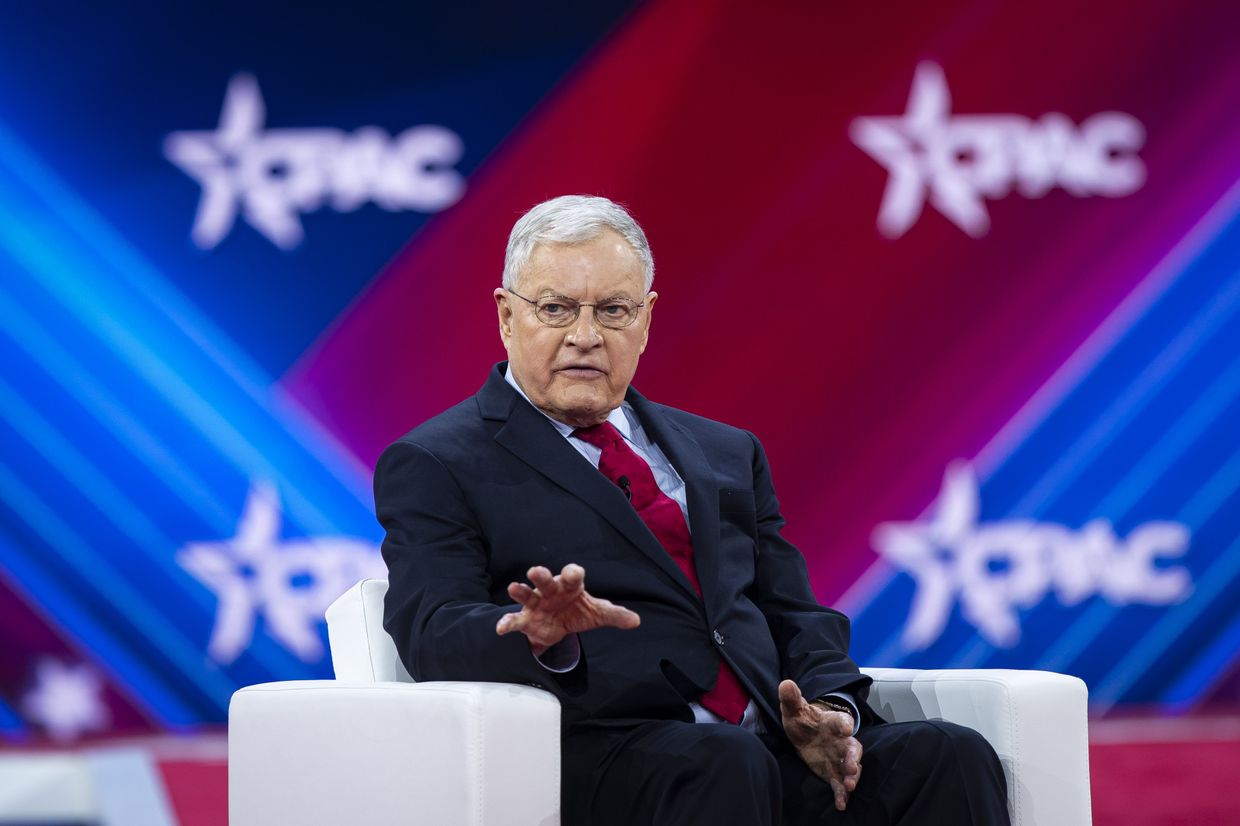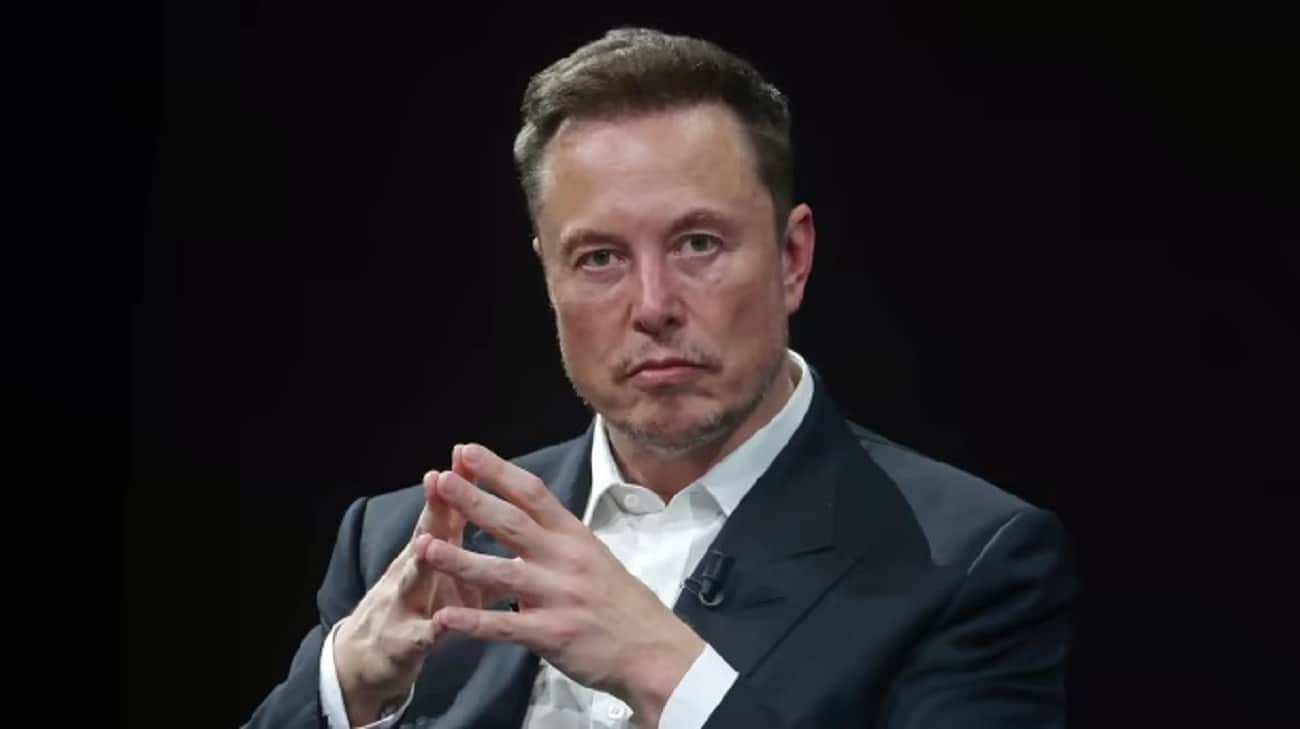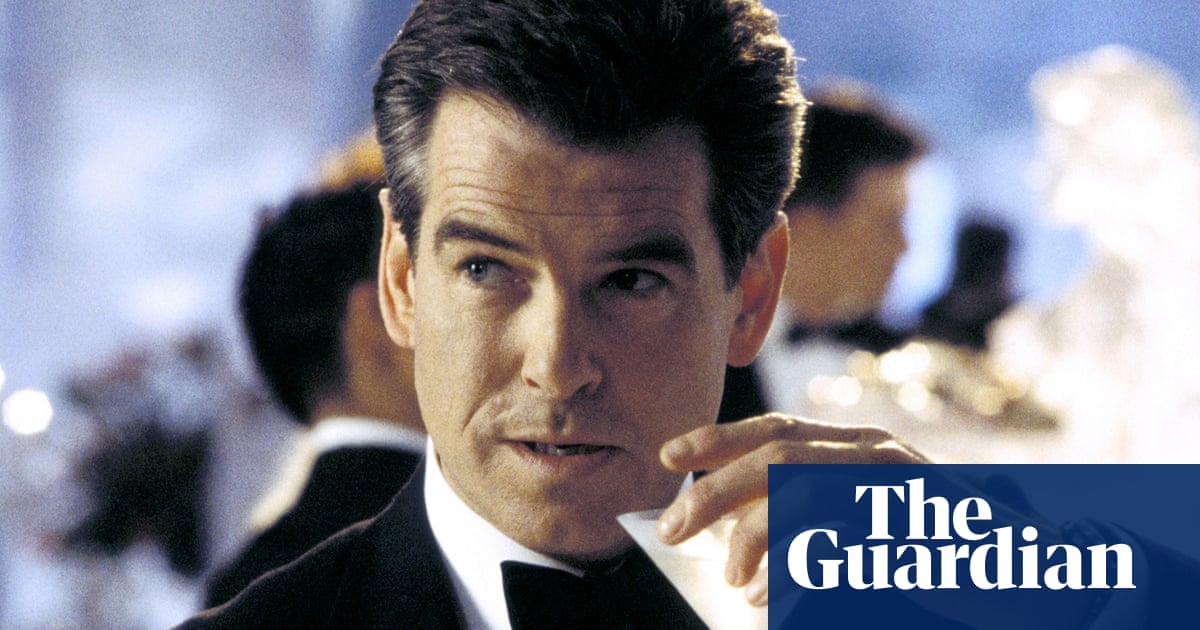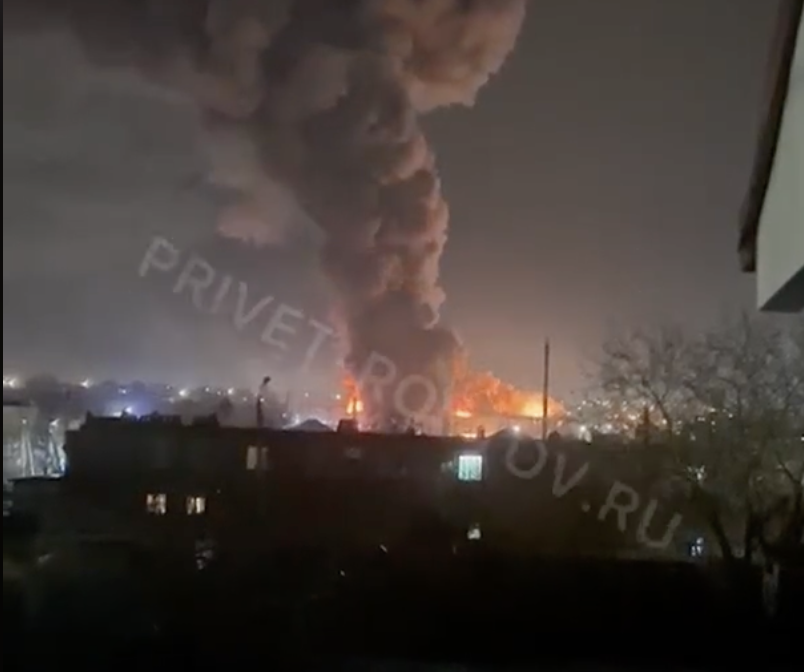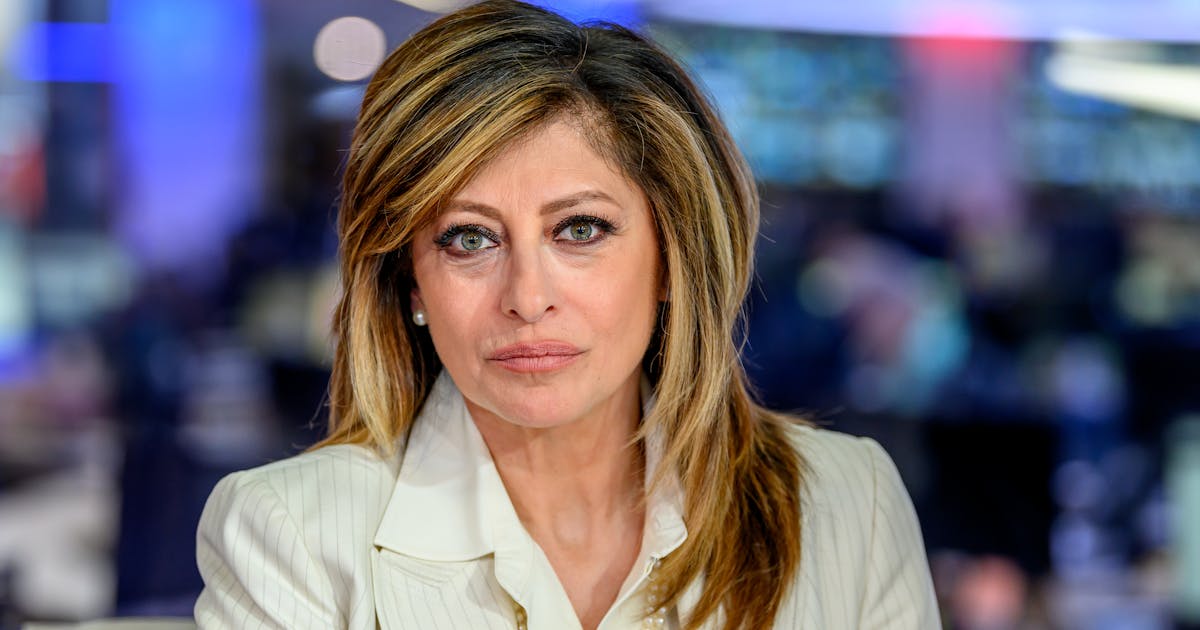Key developments on Jan. 10:
- Ukrainian Neptune missile hits Russian drone warehouse in Rostov Oblast, SBU source claims
- Ukraine conducts ‘precision strike’ on Russian army command post in Donetsk Oblast, General Staff claims
- Ukrainian forces defending Kurakhove thermal power plant amid intense fighting in Donetsk Oblast, military says
- Scholz blocks proposal for $3 billion arms package for Ukraine, Spiegel reports
- US, UK impose sweeping sanctions on Russia’s oil sector, target shadow fleet
- UK PM Starmer plans Ukraine visit to discuss peacekeeping mission, Bloomberg reports
Ukraine struck a Russian warehouse storing ammunition and reconnaissance drones using a domestically-made Neptune missile overnight on Jan. 10, a source in the Security Service of Ukraine (SBU) told the Kyiv Independent.
According to the source, the attack near the village of Chaltyr in Russia’s Rostov Oblast was carried out by the SBU and Ukraine’s Navy.
At first, Ukrainian drones reportedly “overloaded” Russian air defenses, with a Neptune missile hitting the site shortly after, the source said.
Videos published on social media show the moment of an explosion in Rostov Oblast and a tall column of smoke rising over the settlement.
The extent of the damage was not disclosed. The Kyiv Independent could not verify the claims.
Earlier on Jan. 10, local authorities and Russian independent media reported that Ukrainian drones had attacked several Russian oblasts overnight, causing severe fires in Leningrad and Rostov oblasts.
Neptune is Ukraine’s ground-launched, domestically produced anti-ship rocket with a maximum range of 300 kilometers.
Ukrainian forces reportedly used Neptune missiles to destroy a Russian S-400 Triumph air defense system on Sept. 14 and sink Russia’s Black Sea flagship Moskva in April 2022.
The attack is one of several recent strikes in Rostov Oblast. On Dec. 25, Ukrainian long-range drones targeted an ammunition depot at the Kadamovsky military training ground, a source in the SBU told the Kyiv Independent.
A day later, Ukraine’s Center for Strategic Communications (Stratcom) reported that the Armed Forces struck a plant in Rostov Oblast, that produces solid propellant for ballistic missiles.
‘Irrefutable evidence of North Korea’s involvement’ — Ukraine says it captured 2 North Korean POWs in Kursk Oblast
The two wounded soldiers received necessary medical care and are in custody in Kyiv, according to Zelensky.
Ukraine conducts 'precision strike' on Russian army command post in Donetsk Oblast, General Staff claims
Ukrainian forces struck a Russian army command post in Svitlodarsk in Russian-occupied Donetsk Oblast, the General Staff of Ukraine’s Armed Forces reported on Jan. 10.
In a post on Facebook, the military said the “successful hit” targeted Russia’s 3rd Army Corps.
Svitlodarsk is located around 30 kilometers southeast of Bakhmut, and was occupied by Russian forces in May 2022.
The General Staff did not specify what weapon was used in the attack or the extent of the damage inflicted, but said “all necessary measures were taken to limit the risk to civilians.”
Ukraine fields homemade missiles and long-range drones as well as Western-supplied arms like HIMARS, ATACMS, or Storm Shadow missiles.
“This week in the Donetsk region the Armed Forces of Ukraine has conducted a series of strikes on facilities seized by Russian invaders,” the General Staff added.
This is the second such reported strike this week — on Jan. 8 the General Staff said Ukrainian forces carried out a precision strike against a command post of Russia’s 8th Combined Arms Army in Russian-occupied Khartsyzk in Donetsk Oblast.
Similar attacks were also reported in recent days, including a precision strike against a Russian command post in Kursk Oblast on Jan. 7 and another one in the same region on Jan. 2. Earlier on Jan. 8, the Ukrainian military announced a successful long-range attack against a Russian oil depot in Saratov Oblast that provided fuel to the nearby Engels-2 airbase.
Russian attacks across Ukraine kill 3, injure 19 over past day
Russian forces launched 72 drones at Ukraine overnight, according to Ukraine’s Air Force.
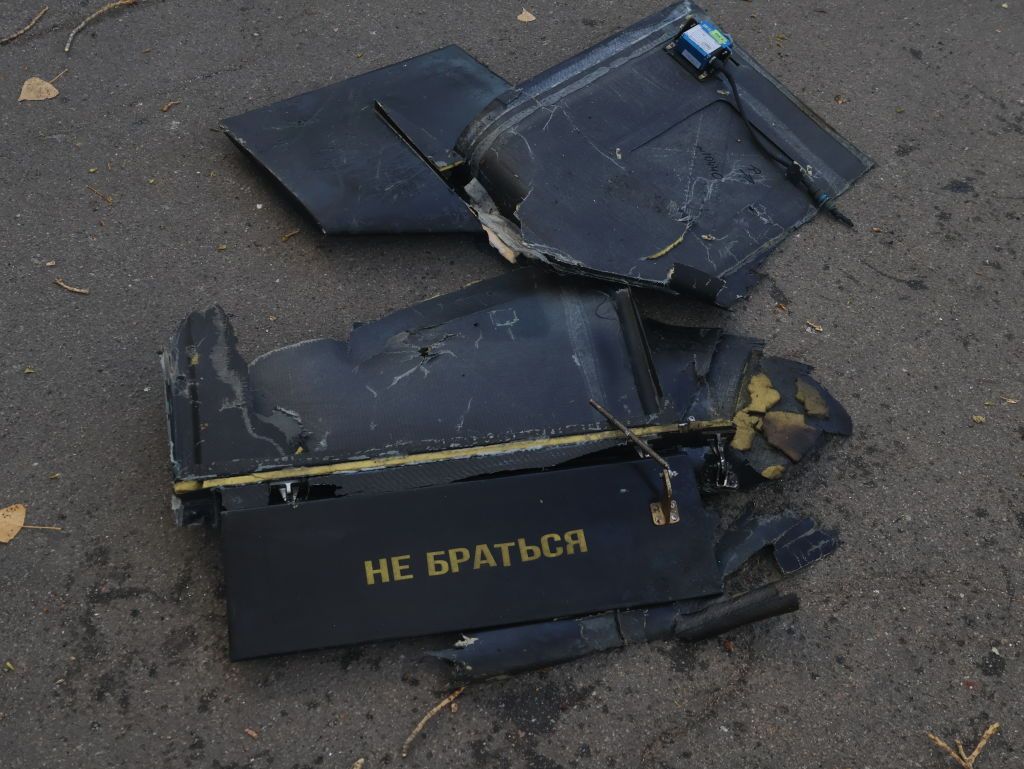
Ukrainian forces defending Kurakhove thermal power plant amid intense fighting in Donetsk Oblast, military says
Ukrainian troops are holding defensive lines at the Kurakhove thermal power plant despite fierce fighting in the sector, Khortytsia group of forces spokesperson Viktor Trehubov said on national television on Jan. 10.
“Now the Russians are trying to attack in the area of Dachne, and drive Ukrainian forces out of Kurakhove. Ukrainian forces are holding the thermal power plant and inflicting all the damage they can on the enemy,” Trehubov said.
Kurakhove has become one of the focal points of the Russian offensive in Donetsk Oblast over the past few months, turning the town into one of the hottest sectors of the front.
Russia’s Defense Ministry claimed on Jan. 6 that its forces had fully captured Kurakhove in, a statement not confirmed at the time by Ukraine.
On Jan. 7, a military spokesperson said Ukrainian forces continue to hold positions in the western outskirts of Kurakhove and the power plant, but the situation in the town is “difficult.”
The town lies over 20 kilometers (over 10 miles) north of Russian-occupied Vuhledar and over 30 kilometers (almost 20 miles) south of the key front-line town of Pokrovsk.

Ukrainian troops are destroying large amounts of Russian military equipment in the Kurakhove sector, Trehubov added.
Ukrainian Armed Forces repelled 29 Russian attacks in the Kurakhove sector near Sribne, Andriivka, Petropavlivka, Kurakhove, and Dachne over the past day, the General Staff reported earlier in the day.
Following the capture of Mariinka in early 2024, the Russian army intensified its advance toward Kurakhove. Street fighting is currently taking place in the town.
Russian forces had earlier blown up the dam of the Kurakhove Reservoir, a hydraulic structure near the village of Stari Terny in the Kurakhove community.
The thermal power plant in Kurakhove, for which the damaged reservoir was created, is not operating. The industrial facility has now become a fortification, and the scene of intense urban fighting in Kurakhove.
If taken, Kurakhove would be the first significant town to fall into Russian hands in 2025 after Russia took Avdiivka and Vuhledar last year.
Moscow’s troops are also focusing their efforts on Pokrovsk, an important logistics hub, as part of their overall goal to capture the entire Donetsk Oblast.
Russian troops overrun Kurakhove, approach Pokrovsk east, south, and southwest
Russia keeps on advancing in eastern Donetsk Oblast, taking hold of Kurakhove, which would become the first major town to fall into Russian hands in 2025. Russian troops are continuing to push on the Lyman, Siversk, Kramatorsk, Toretsk, Pokrovsk and Kurakhove axes, Ukraine’s General Staff said in i…
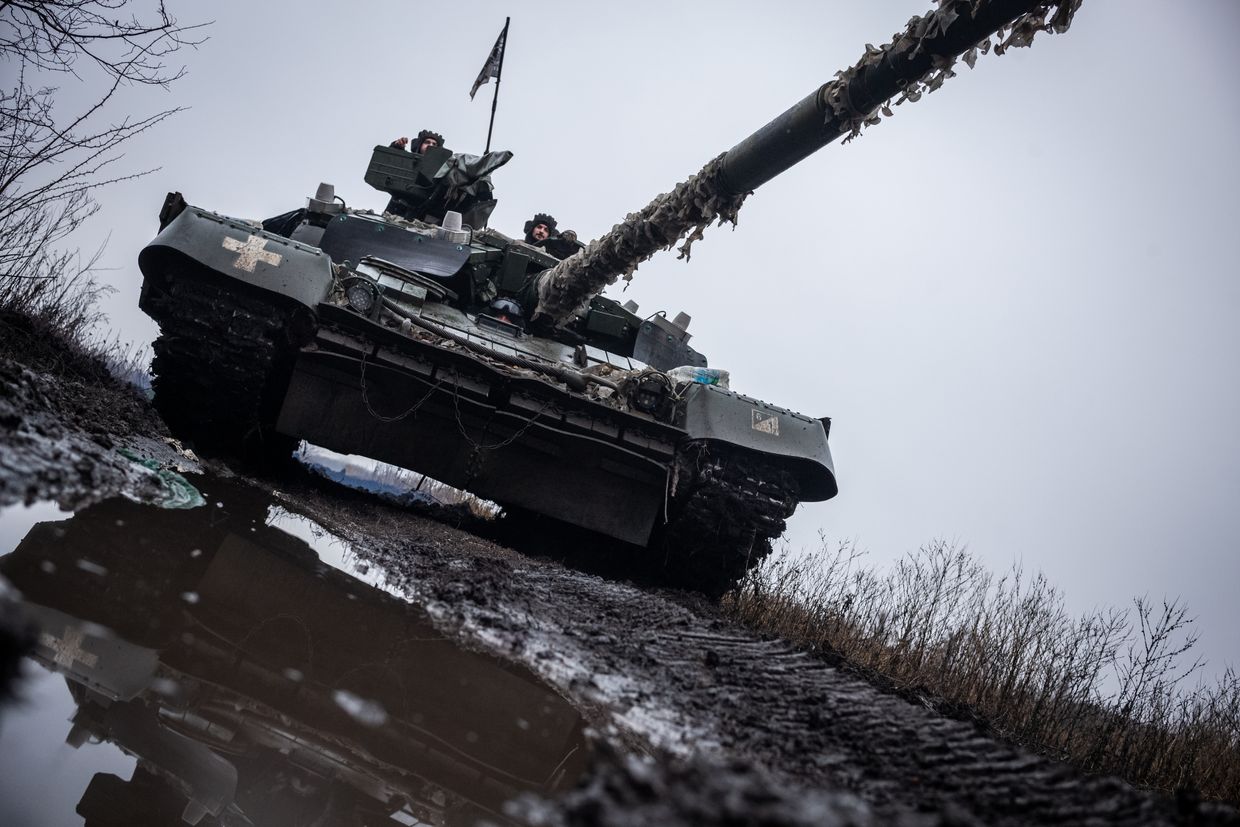
Scholz blocks proposal for $3 billion arms package for Ukraine, Spiegel reports
German Chancellor Olaf Scholz has blocked a proposal for an additional military aid package for Ukraine worth 3 billion euros ($3.09 billion), Spiegel reported on Jan. 9, citing its undisclosed sources.
Under Scholz’s leadership, Germany has become Ukraine’s second-largest military donor after the U.S. The chancellor has nevertheless often been criticized for his cautious approach on some key issues, such as his refusal to provide Taurus long-range cruise missiles to Ukraine.
The new assistance plan, proposed by German Foreign Minister Annalena Baerbock, and German Defense Minister Boris Pistorius, was for additional weapons including three additional Iris-T air defense batteries, 10 howitzers, and more artillery ammunition, acording to Spiegel.
But Scholz claimed the existing allocation of 4 billion euros ($4.1 billion) for 2025, as well as funds from the $50 billion G7 loan financed by frozen Russian assets, should be sufficient, Spiegel reported.
Scholz also expressed concern that the new government could take on significant financial obligations after early federal elections in February if the package was allowed to go ahead.
Baerbock and Pistorius justified the need for the package by arguing that the combat situation in Ukraine was worsening, and that there was uncertainty about further U.S. support under Donald Trump’s leadership.
Pistorius and Baerbock hoped to gain parliamentary support for their proposal before the federal elections, and presented their proposal as “a vital signal of Germany’s unwavering support.”
Despite Scholz’s lack of support, Pistorius reiterated Germany’s support during a meeting of the Ukraine Defense Contact Group, also known as Ramstein, on Jan. 9, according to Spiegel.
Pistorius announced the provision of nearly 50 guided missiles for the Iris-T air defense system.
The missiles, originally designed for the Bundeswehr, were redirected directly from production to Ukraine.
With Scholz’s government in shambles, conservative rival touts more decisive Ukraine strategy
Editor’s note: The article was updated to reflect Friedrich Merz’s latest comments regarding the debt brake. For the second time in his life, Friedrich Merz is a step away from taking charge of Germany. Losing the fight to control the Christian Democratic Union in 2002 to future Chancellor Angela…
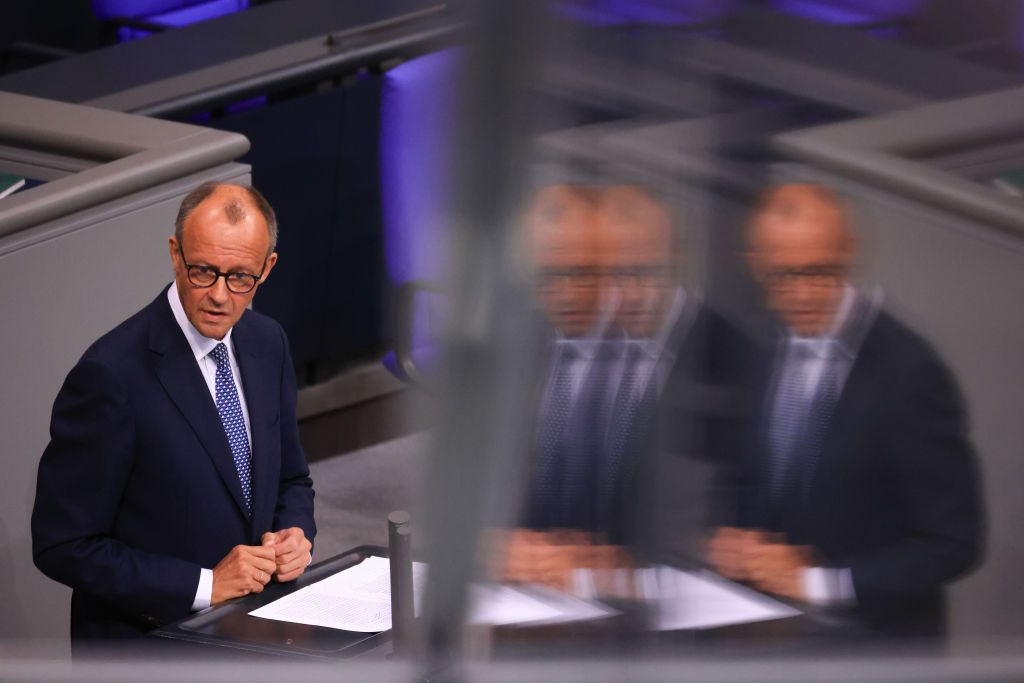
US, UK impose sweeping sanctions on Russia’s oil sector, target shadow fleet
The U.S. and the U.K. have enacted their most extensive sanctions against Russia’s oil industry, targeting nearly 200 vessels of the so-called “shadow fleet,” major oil companies, and associated entities, the Office of Foreign Assets Control (OFAC) announced on Jan. 10.
“The United States is taking sweeping action against Russia’s key source of revenue for funding its brutal and illegal war against Ukraine,” Treasury Secretary Janet Yellen said.
The sanctions include more than 180 oil-carrying vessels of Russia’s so-called shadow fleet, a group of tankers routinely used for sanction evasion. Several of these vessels are also reportedly involved in transporting sanctioned Iranian oil.
The measures also target two of Russia’s major oil producers, Gazprom Neft and Surgutneftegaz, along with dozens of their subsidiaries.
Combined, these companies reportedly produce over 1 million barrels of oil daily, generating an estimated $23 billion of revenue annually, according to the U.S. Treasury.
The sanctions also extend to dozens of Russian energy officials and corporate executives, further tightening restrictions on Moscow’s oil industry.
In addition to sanctions, Ukraine has disrupted Russia’s oil production with targeted drone strikes on infrastructure. Refineries in Tuapse, Ilyich, and Novoshakhtinsk have reduced or suspended operations due to the combined impact of sanctions and Ukrainian attacks.
Japan’s new sanctions are ‘significant blow to Russia’s military-industrial complex,’ Zelensky says
The new measures targeted individuals and entities from Russia, China, the United Arab Emirates, Kazakhstan, Kyrgyzstan, Thailand, Turkey, and North Korea.
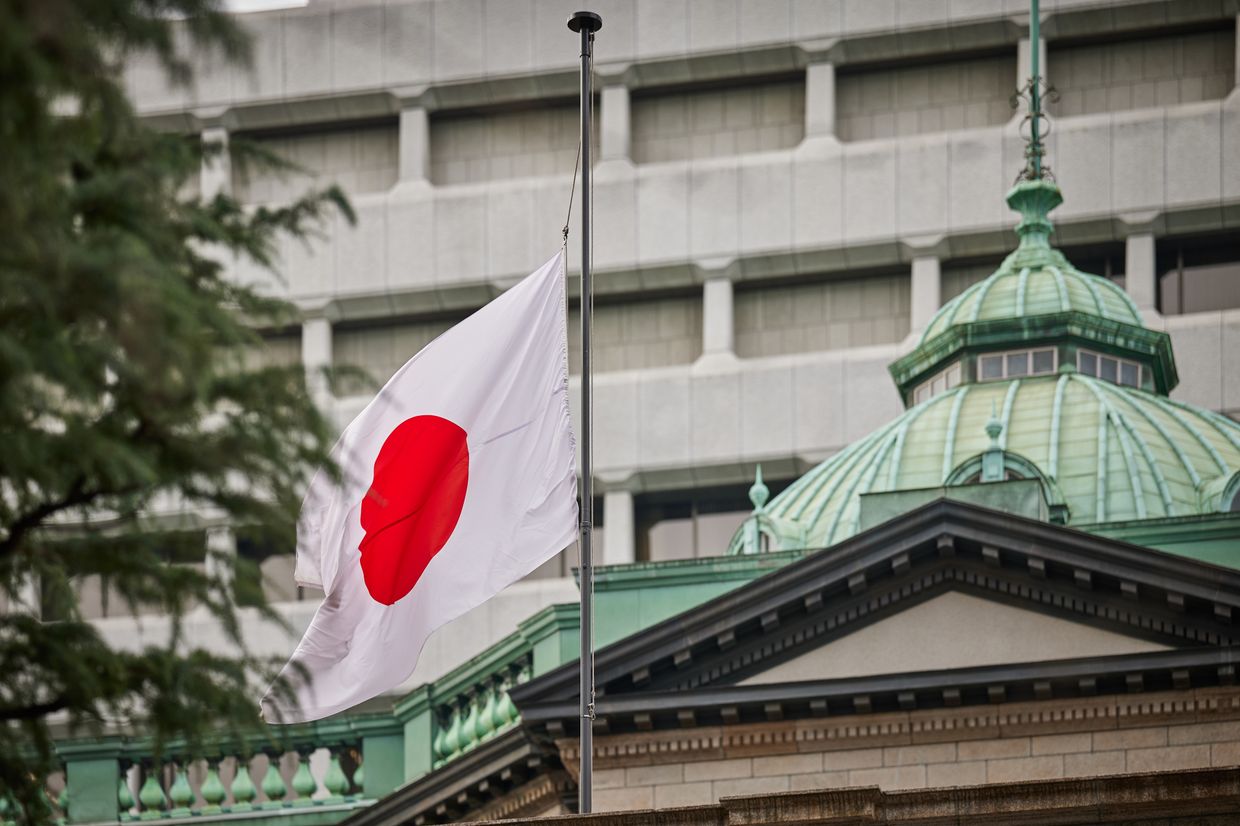
UK PM Starmer plans Ukraine visit to discuss peacekeeping mission, Bloomberg reports
British Prime Minister Keir Starmer is set to visit Ukraine in the coming weeks to discuss the potential deployment of an international peacekeeping force, Bloomberg reported on Jan. 10, citing sources familiar with the matter.
This would mark Starmer’s first visit to Ukraine since becoming prime minister. The trip comes as European nations ramp up discussions about regional security ahead of U.S. President-elect Donald Trump’s inauguration on Jan. 20.
Paris and London are reportedly exploring the possibility of deploying French and British troops to monitor a potential ceasefire along the contact line in Ukraine. A senior NATO official told Radio Free Europe/Radio Liberty in December that these discussions are happening bilaterally in national capitals rather than within NATO structures.
Ukrainian President Volodymyr Zelensky reportedly highlighted the potential peacekeeping mission on Jan. 9 following the Ukraine Defense Contact Group meeting at Ramstein Air Base in Germany.
French President Emmanuel Macron initially proposed deploying Western troops in February last year and revisited the idea in May, suggesting that France might consider sending forces if Russian troops broke through Ukraine’s defensive lines.
Donald Trump has also advocated for Europe to take the lead in monitoring a potential ceasefire. The Wall Street Journal reported on Dec. 12 that Trump emphasized Europe’s greater responsibility in addressing Russian aggression.
President Volodymyr Zelensky said on Dec. 9 that Ukraine would only consider foreign peacekeepers if it secures a clear timeline for NATO membership.
Ukrainian officials maintain that NATO membership is essential for lasting peace. While full membership is unlikely amid the ongoing war, Kyiv has urged NATO allies to extend an invitation as a signal of support.
Incoming Trump peace envoy postponed Ukraine visit over legal reasons, Kyiv confirms
The visit is now expected to occur after President-elect Donald Trump’s inauguration on Jan. 20.
